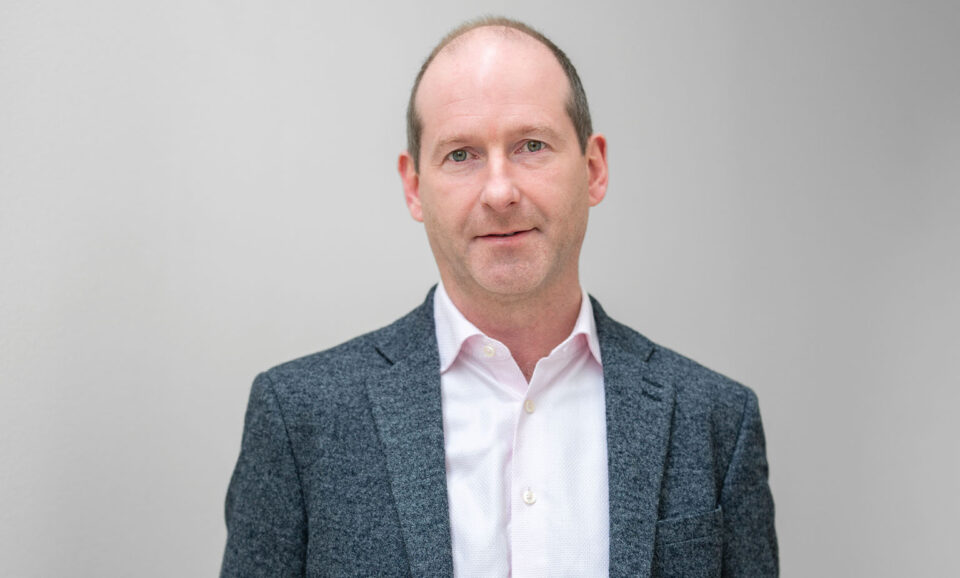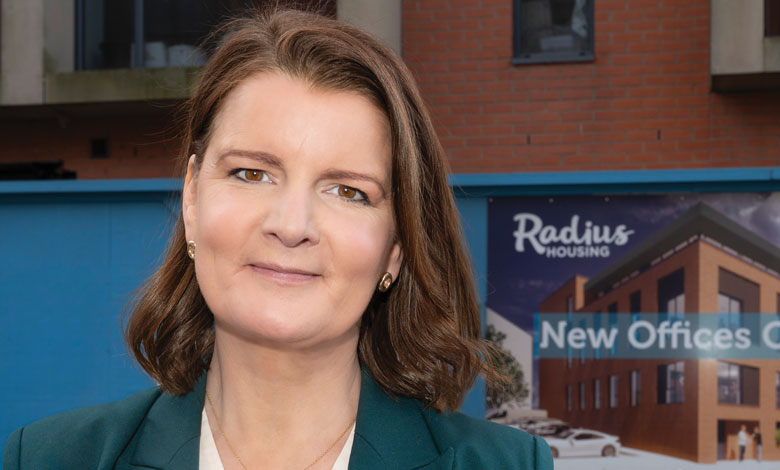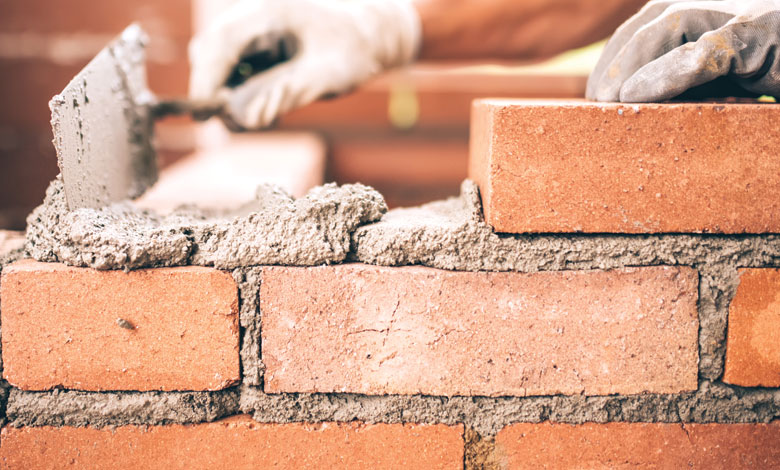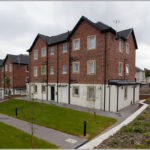
Building better lives together
27th April 2018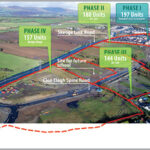
New homes at Clon Elagh are having a major impact on waiting lists
27th April 2018Edinburgh’s housing strategy
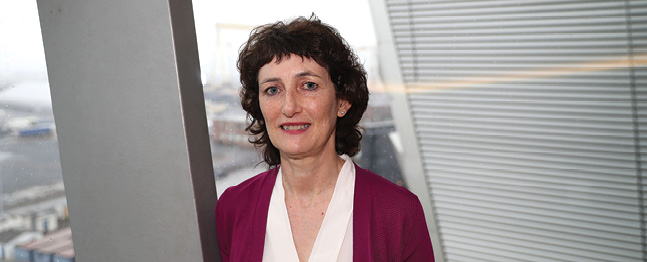
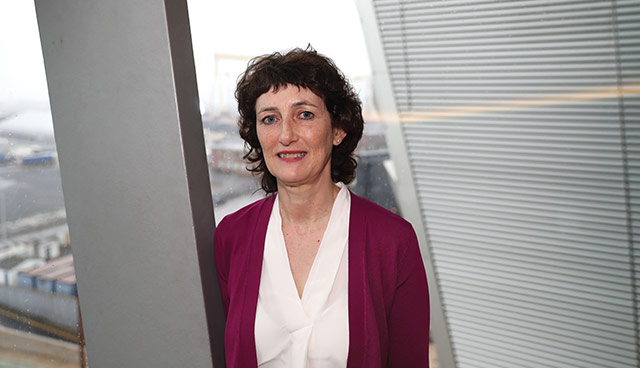
Speaking at agendaNi’s Northern Ireland Housing Conference 2018, Elaine Scott, Housing Services Manager of the City of Edinburgh Council outlines the ambitious project to deliver 20,000 affordable homes over the next decade.
Outlining Edinburgh’s housing challenge, Scott says that the City’s population is expected to grow by 20 per cent over the next two decades (an additional 88,000 households).
Currently one in every 10 houses in the City is for social rent, with the Council owning an estimated 19,000 social rented homes, a similar number to that owned by housing associations. Owner occupation in the City peaked in 2001 and growth is now being recognised in rented tenures. The number of private rented homes in the City has doubled in the last 15 years, with many homes being bought as investment opportunities for renting.
In the private sector, rents are estimated to be £1,000 a month on average, two and a half times that of social rent and houses cost over six times the average income.
The most recent Housing Need and Demand assessment carried out by the Council highlighted the need for 4,000 new homes per year for the next 10 years. While this demand includes all tenures, it is recognised that the majority of demand is from people on low to moderate incomes. Currently there is an estimated 160-180 bids per property put up to let by the Council or housing associations.
Scott explains that the Council and housing associations share a common register with a choice based letting system. However, a gold priority is allocated to those with serious accessibility issues and a silver priority is allocating for those in pressing housing need and homelessness. Around 70 per cent of the Council’s current lettings are allocated to people deemed homeless.
Strategy
Scott describes the Council’s partnership with housing associations as the “bedrock” of Edinburgh’s housing strategy and highlights a joint commitment to develop a new supply of affordable housing.
Turning to future policy, the Council has recently come under control of an SNP-Labour minority administration, approving an ambitious Business Plan for 20,000 affordable homes over the next 10 years – 10,000 of which will be delivered over the next five years.
Scott says that the plans are: “A recognition of the impact the lack of affordable housing is having, not just on individuals within the City, but also on the potential growth of the economy and the ability to attract workforce, particularly in areas such as health and social care.”
Currently, 2,000 affordable homes are under construction in the City, 800 of which are being built directly by the Council. The Council’s annual Strategic Housing Investment Plan outlines the ability to deliver 8,000 homes over the next five years and Scott says that the aim is to pull forward sites outlined in the latter part of the programme to make up the 2,000 home shortfall closer to the time.
However, she admits that currently grant funding for the investment plan has an annual £14 million shortfall. The Council will work with the Scottish Government to close the gap but are realistic in stating that additional funding will likely come from new investment and delivery models.
Land
Another major challenge in delivering affordable homes is the availability of land. Currently, around 50 per cent of the sites in the Council’s Strategic Housing Investment Plan are controlled by private landowners and developers. Meaning a heavy dependence on the market in terms of the speed at which the Council would like to move. This will hopefully be addressed through greater partnership working, acquisition of land and development of public sector held land.
Concluding Scott says: “Overall we have a challenging housing strategy but one with lots of opportunities in it to deliver across a range of areas, not just addressing housing need but also supporting the economy, delivering health and social care outcomes, driving regeneration and placemaking and creating sustainable communities.”

